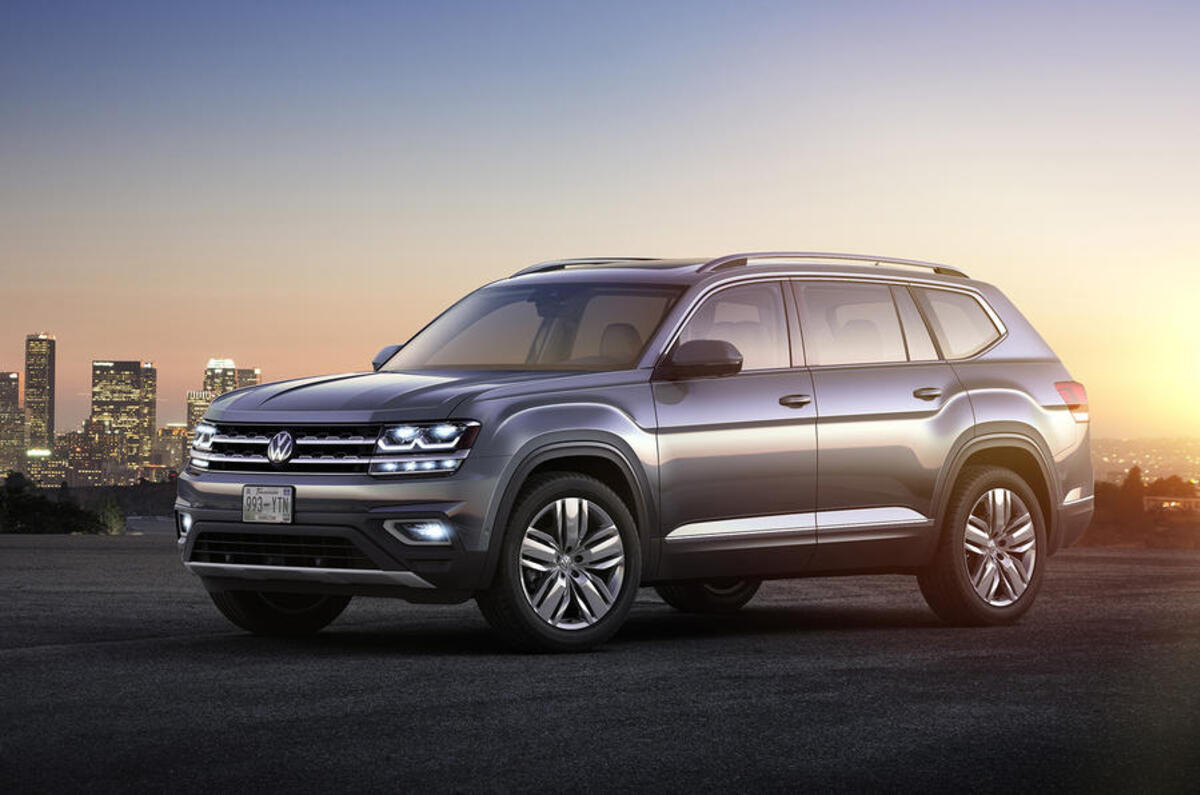It was the US where the Dieselgate scandal all began for the Volkswagen Group. The pack of cards began to fall back in September 2015, when US authorities served notice on the company for breaching the Clean Air Act.
Billions of pounds in compensation and a whole generation of executives later, VW – far from its reputation having permanently tanked stateside – is on the rise in the US once more.




Add your comment